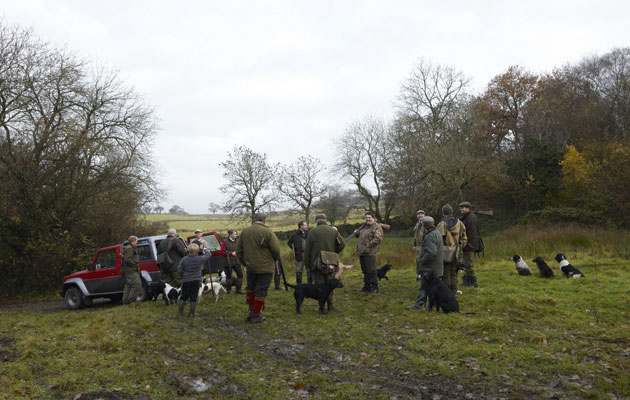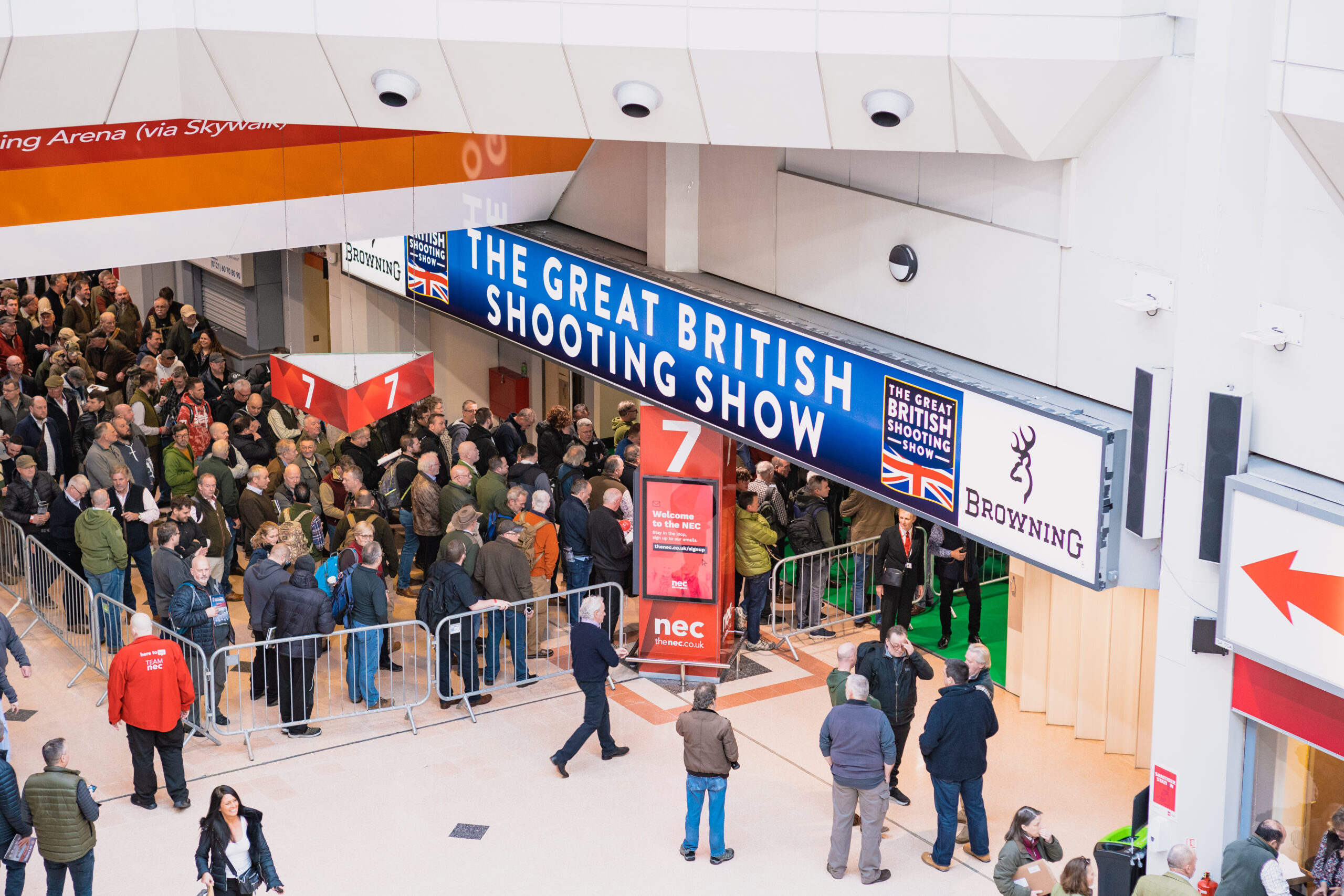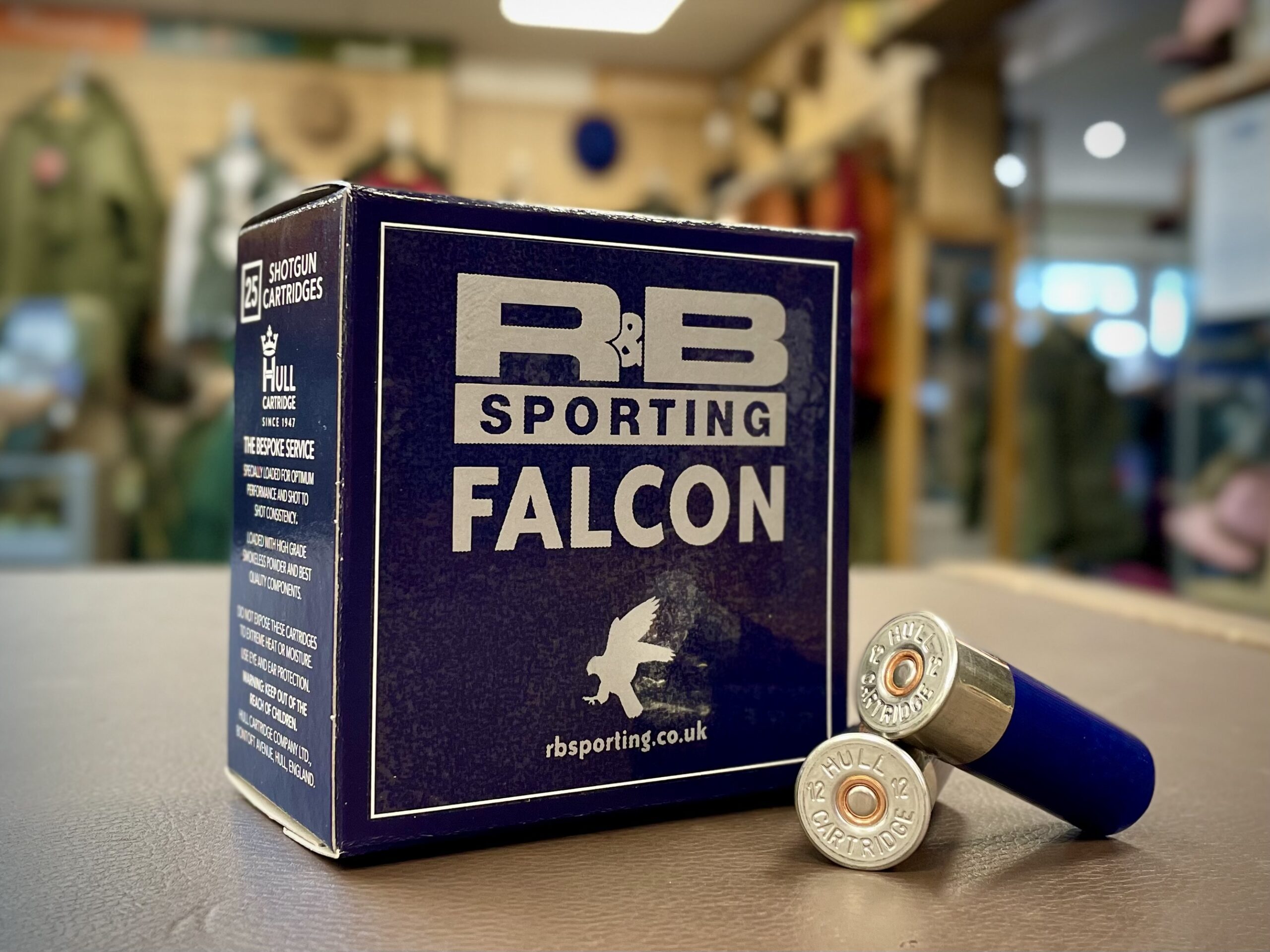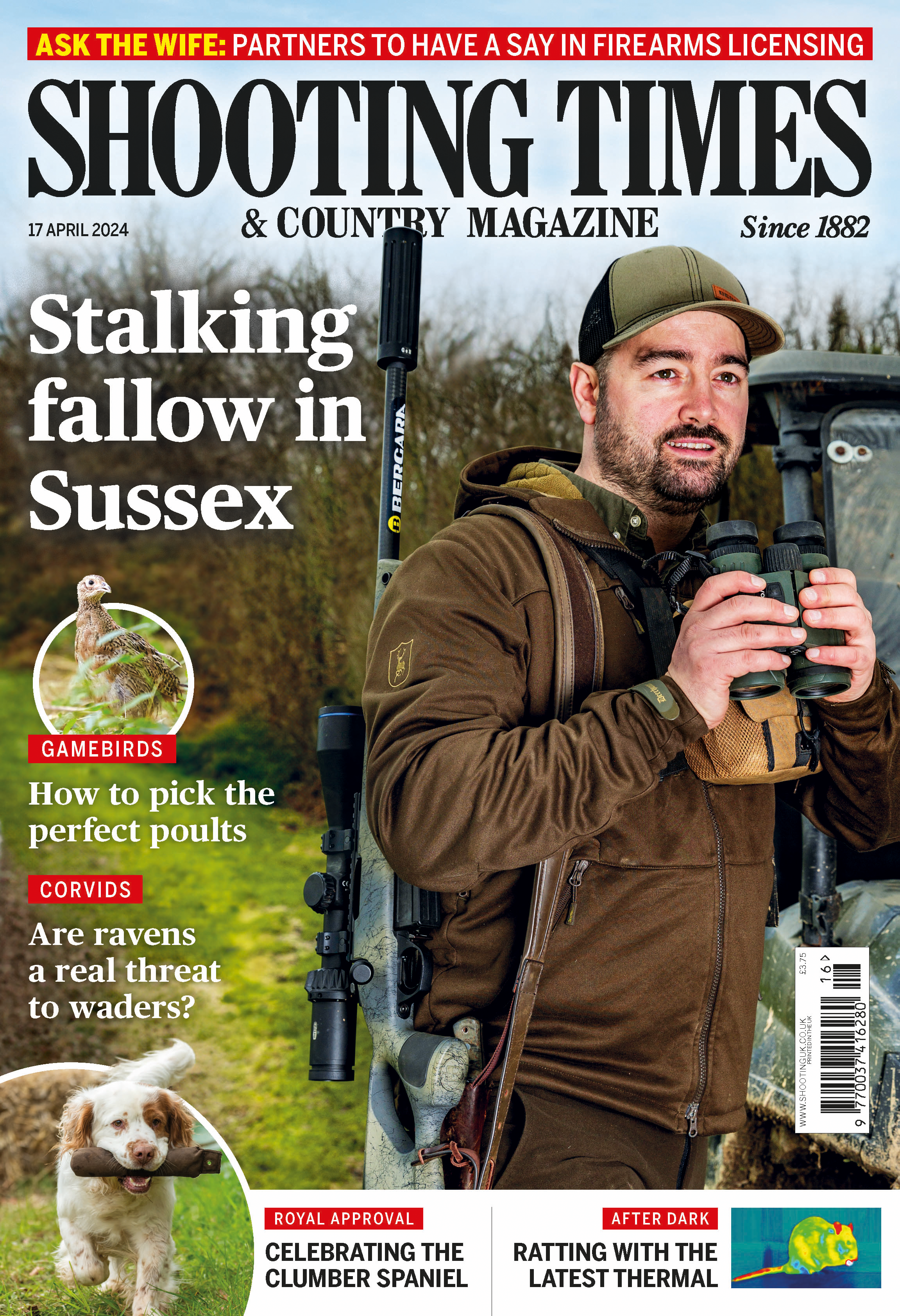Changing attitudes to firearms
Shooting has come under fire for centuries, writes David Frost, but changing attitudes to firearms means that public ignorance is today's greatest threat

“A great deal, of late, has been said and has been written against shooting. It has been denounced as unnatural, cruel, useless, and absurd.” I like that, but the words are not mine. They were written in 1876 by Wildfowler, the nom de plume of Lewis Clement, who was to become the first editor of this distinguished periodical.
Life was very different in 1876. The RSPB wasn’t founded until 1889, by which time Shooting Times was well established, and the first legislation introducing modern-style seasons for duck and geese was still four years away. There were no controls on firearms and you could own anything you liked, though you needed a 10-shilling (half a week’s wages for some) gun licence if you used the gun outside the curtilage of your house. The breechloader was well established but most rifles were still single-shot so the likelihood of a Hungerford-style atrocity was small. Revolvers were beginning to cause concern but it would be 30 years before any controls were introduced.
Keep shooting
If life was that bad in those days, why is shooting still flourishing? Well, for a start it’s not unnatural, cruel, useless or absurd as its detractors had been complaining. Despite many vicissitudes, live quarry shooting is in robust good health. The PACEC report, now being updated, revealed that in 2006 shooting supported 70,000 full-time equivalent jobs and was worth £1.6billion to the UK economy. Much of that is from overseas visitors who appreciate the unique nature of the shooting on offer here.
Conservation value
Other surveys show that landowners and gamekeepers on shoots manage more of the countryside than any organisations in the UK. Land managed for shooting is usually of higher conservation value than land which is not. Some of the very best conservation research is carried out by the Game and Wildlife Conservation Trust (GWCT). The GWCT has shown that good conservation is not merely a matter of producing the right habitat; it has also demonstrated the importance of good predator control, though the bunny-huggers don’t like that.
Of course shooting faces threats that would have been incomprehensible, if not the stuff of nightmares, to Lewis Clement. In 1871 the UK’s population was 31.6million, just half the 63.3million of 2011. People need space in which to live, work and play. Almost all of that space is land over which Lewis and his readers would have been able to shoot. The space has been lost, not only to shooting but also to wildlife, putting pressure on species that were once abundant. In many parts of the country, the risk to shooting is not from legislation but from encroaching urban and rural development; not to mention the busy roads near which one dare not risk working a dog.
What is also worrying is that as a society we are getting more remote from the responsible use of guns. When I left school, virtually every male in the country was familiar with firearms and their use. They’d fought in the war, done National Service or, like me, learned at school. Fewer schools now have a Combined Cadet Force though the Government plans to increase their number. Nobody thought it unusual when we teenagers slung a service .303 over our shoulders and cycled off to the nearby range on the South Downs once a week. Goodness, what a to-do there’d be now! In any case, since 1988, civilians have been banned from using the current service rifle.
The armed forces are at their lowest numbers since the end of the Napoleonic wars, two centuries ago, and less than half the size of the forces we were able to mobilise in August 1914. As a proportion of the population, servicemen and even the wider shooting public just don’t feature on the radar. With 91,000 “partners”, John Lewis staff exceed the combined strength of the Royal Navy and Royal Air Force and will soon dwarf the Army too. The vast majority of civilians do not know anyone currently in the armed forces or anyone who uses guns for work or recreation. The responsible use of firearms is simply not understood by the wider public.
Spree shootings, some in the UK but many from overseas, especially the US, create a negative image of the private use of firearms. The more lurid sections of the media happily use the photo of a pistol to illustrate gun crime when pistols have been banned for most purposes for nearly two decades. We’re even in the farcical situation where our pistol shooting team has to practise abroad.
The Unity Campaign to get .22 target pistols restored to Section 1 status soon reached 10,000 supporters, meriting a Government response, but now at just over 15,000 signatories it is still short of the 100,000 supporters needed to justify a Parliamentary debate. Only BASC, the Scottish Association for Country Sports, Gun Trade News and Disability Target Shooting GB seem to be supporting the campaign. What are the rest doing?
Shooters’ apathy
Failure by organisations and individuals to support the campaign shows apathy in the shooting community. It’s this apathy that encourages the Government to legislate when guns get bad press and police forces to invent licensing procedures that are neither approved by the Home Office nor sanctioned by law.
Police forces and even the minister peddle the notion that ownership of a firearm is a privilege. They’re wrong. The law requires the police to grant a certificate to anyone who has good reason and is not a danger to public safety or the peace. That’s not a privilege, it’s a right. If you don’t like the Chief Officer’s decision you can take him to court. I know of no instance where failure to grant a “privilege” can result in a court appearance.
On the one hand we have, despite pressures, a flourishing shooting scene for both live quarry and targets. On the other, we have a guilt complex about private ownership of firearms. But we have a long history of responsible civilian use of firearms and we should be proud of that.








